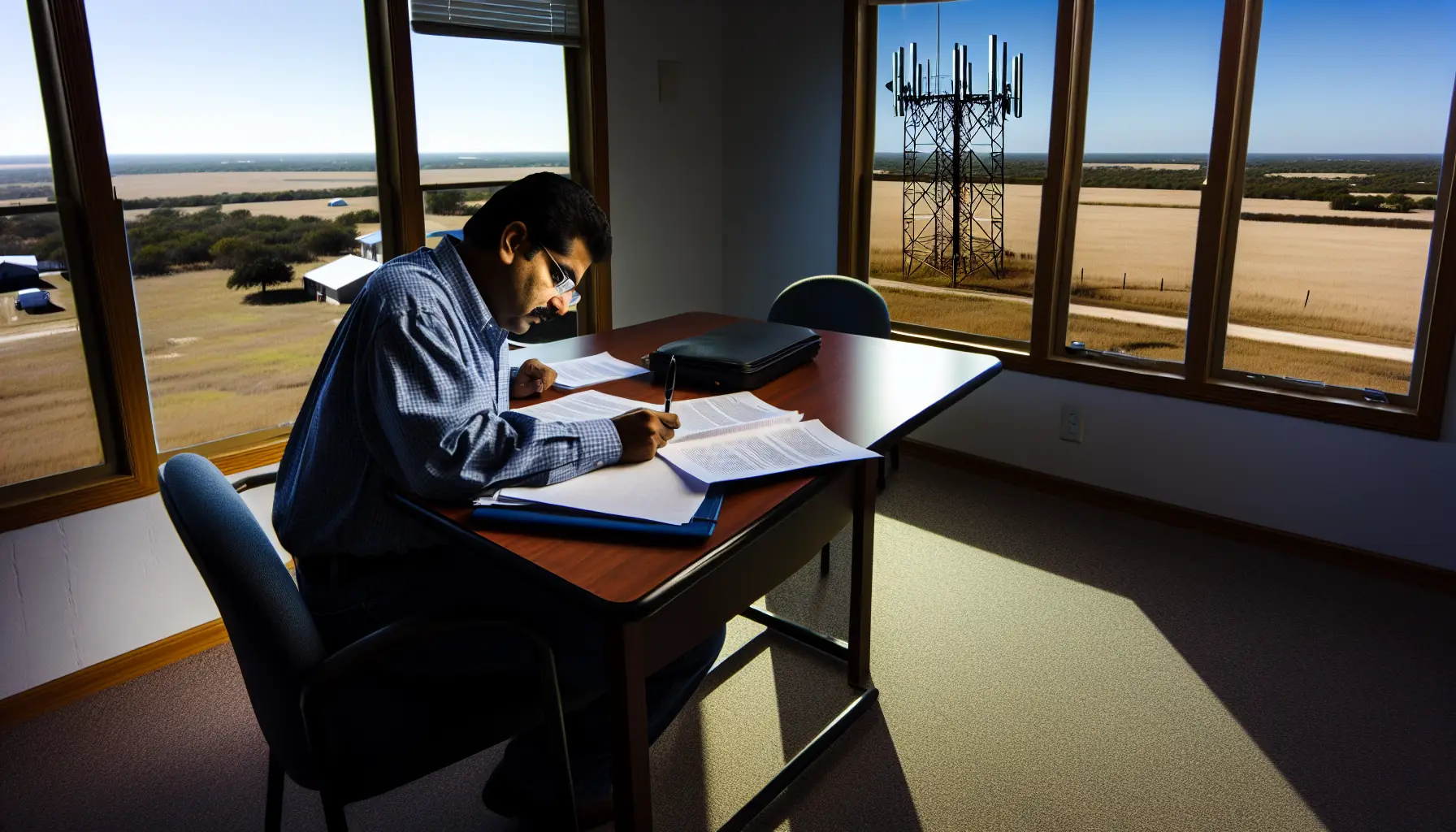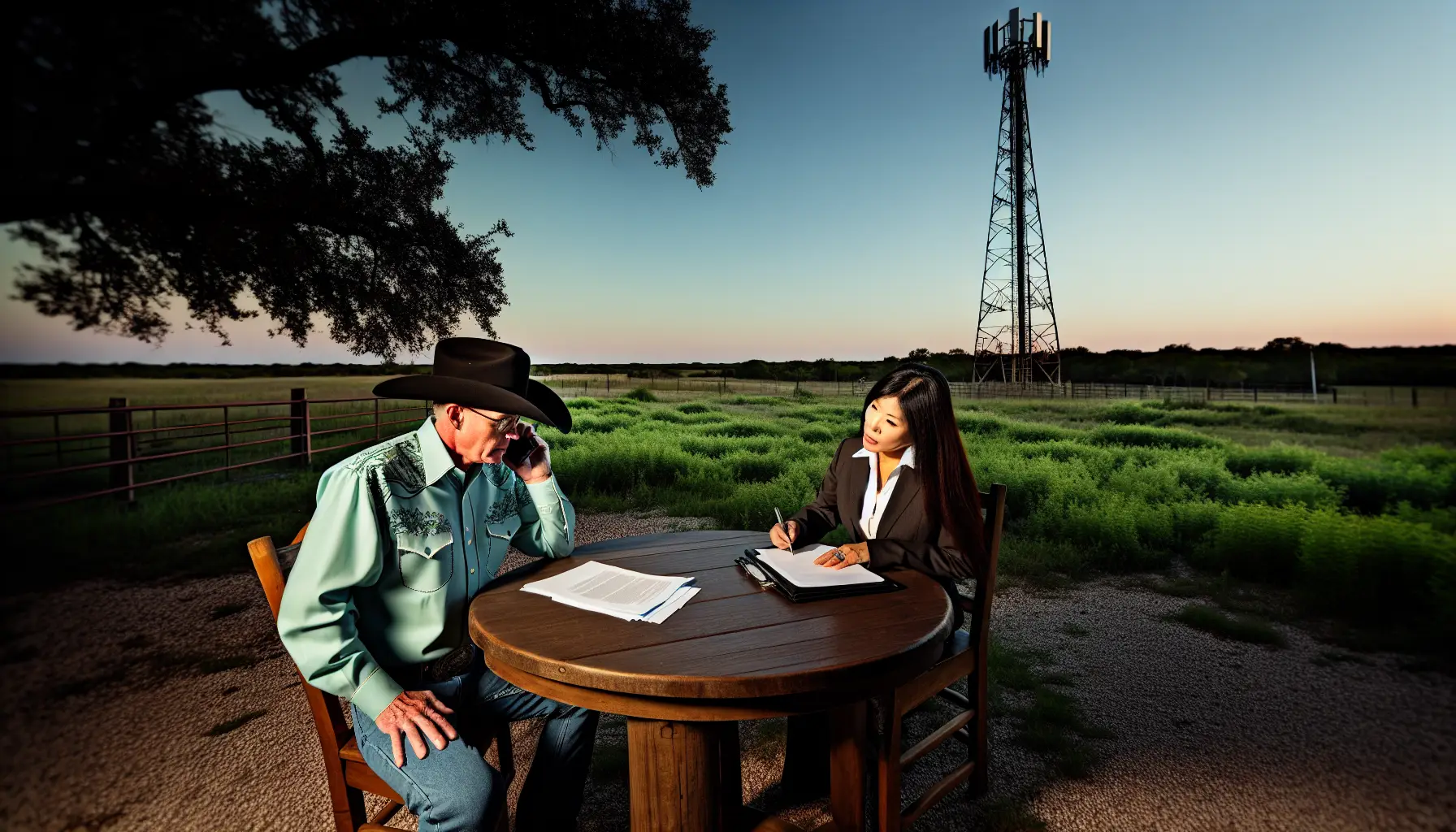Buying rural land in Texas offers both opportunities and challenges that can be difficult to navigate. It’s important for buyers to understand rural land deals. This applies to both experienced real estate investors and first-time buyers. Each group should be aware of the unique aspects involved. This includes the required documents and rules involved. This guide helps make the closing procedures easier. It lists important steps and documents needed for a successful rural land purchases.
In This Article:
Understanding the Rural Land Closing Process
What Makes Rural Land Purchases Unique?
Rural land transactions often differ from urban purchases in significant ways. These differences mainly come from local zoning laws and land use rules. These laws can affect what is allowed on the property. Zoning rules can decide if you can build a home, start a farm, or open a business on the land. Thus, seeking advice from Texas zoning law experts can prove beneficial in ensuring compliance with local regulations.
Key Players in the Closing Process
Several important people are involved in closing rural land purchases. These include the buyer, the seller, brokers, lenders, and attorneys. Each plays a vital role in facilitating the transaction:
- Buyer: The individual or entity purchasing the land.
- Seller: The current owner selling the property.
- Broker: A professional who helps guide the buyer and seller through the process.
- Lender: The financial institution providing funding for the purchase.
- Attorney: A legal expert who ensures all aspects of the transaction comply with relevant laws.
Essential Closing Documents for Rural Land Purchases
Purchase Agreement
The purchase agreement is a crucial document in any transaction, serving as a formal record of the sale. It clearly states the terms of the sale. This includes the agreed price and any specific conditions both parties accepted. This contract sets up the rules for the transaction. It also helps protect the interests of both the buyer and the seller. By clearly defining the expectations and responsibilities of each party, the purchase agreement helps to prevent misunderstandings and disputes down the line.
Title Documentation
Ensuring a clear title is paramount in real estate transactions. A title search, which identifies any liens or encumbrances on the property, is essential. Obtaining title insurance further protects the buyer against potential disputes or claims against the ownership of the property.
Deed Preparation
A deed is a legal document that formally transfers ownership from the seller to the buyer. There are different types of deeds used in a transaction. A Warranty Deed guarantees the quality of the title. A Quitclaim Deed transfers whatever interest the seller has, but it offers no warranties. Understanding the distinction can be critical for ensuring a smooth transfer of property ownership.
Affidavit of Value and Property Disclosure
These documents ensure transparency in the transaction. The Affidavit of Value states the property’s assessed value. The Property Disclosure lists any known issues with the land, like environmental hazards or structural problems. Both documents foster trust and accountability during the closing process.
Escrow Requirements for Rural Land Purchases
What is Escrow?
Escrow is a financial arrangement that temporarily holds funds and documents until the completion of the transaction. This system protects both sides during the closing process. It makes sure all conditions are met before money and property are exchanged.
How to Choose an Escrow Agent
Select an escrow agent experienced in rural land transactions. Their knowledge of specific requirements and local regulations will ensure a smoother closing process. Don’t hesitate to ask potential escrow agents about their expertise and timeline for closing deals similar to yours.
Handling Simultaneous 1031 Exchanges for Rural Land
Understanding 1031 Exchanges
A 1031 Exchange allows investors to swap one piece of property for another and defer capital gains taxes. This can be an advantageous strategy in real estate investments, particularly for those dealing with rural land. Understanding the rules and regulations governing 1031 Exchanges is essential for maximizing your financial benefits.
Documentation and Timelines
Executing a 1031 Exchange requires precise documentation and adherence to designated timelines. Know the specific documents needed to follow IRS rules. This will help you benefit from the tax deferral offered by this exchange.
Common Challenges When Closing on Rural Land
Zoning Issues
Zoning laws can present significant challenges during the closing process. They determine how land can be utilized and what activities are permitted. It is wise to check local zoning rules before buying land. This helps you avoid legal issues or problems using the land as you want.
Mineral Rights and Property Ownership
In Texas, understanding mineral rights is crucial. It’s essential to know whether the property you’re purchasing includes mineral rights, which grant the ability to extract natural resources such as oil and gas. Seeking advice from a mineral rights lawyer for property deals can clarify any uncertainties surrounding these valuable rights.
Preparing for Closing Day
Final Document Checklist
Prior to closing day, compile a checklist of necessary documents to facilitate a smooth transaction. Essential items to include are the purchase agreement, title documentation, deed, and the affidavit of value. Ensuring that all paperwork is in order can prevent delays on closing day.
What to Expect on Closing Day
On closing day, you will need to review and sign several documents while promptly handling payment. This marks the official transfer of ownership, making it a significant day for all parties involved. Being prepared and understanding what to expect can ease any anxieties surrounding the process.
Conclusion
Preparing with the right documents and understanding the unique aspects of rural land transactions is vital for a successful purchase. This guide aims to help you navigate the complexities of buying rural land in Texas efficiently. For those needing expert assistance or further guidance through the process, consider consulting with the professionals at Daughtrey Law Firm, who can support you on your journey confidently.












